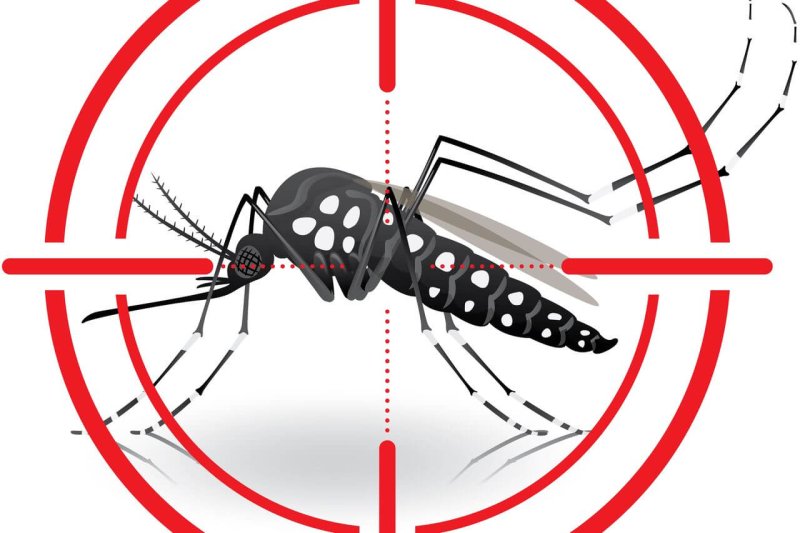The GLP aggregated and excerpted this blog/article to reflect the diversity of news, opinion and analysis.
In response to the latest calls for the mosquito’s eradication, researchers have unveiled promising new tactics that include male mosquitoes genetically engineered to interbreed with wild populations and produce offspring that will not survive. Oxitec, a British biotech company, has tested its modified mosquitoes across Brazil, Panama and the Cayman Islands. Each time, A. aegypti populations reportedly plummeted by more than 90 percent.
Jason Rasgon, an infectious disease entomologist at Penn State, said he sees “no downside” to the sterilization strategy that resembles successful efforts to eradicate the screwworm, a pest that once devastated the livestock industry. In March, the U.S. Food and Drug Administration released a preliminary finding that a trial release of the mosquitoes in the Florida Keys would pose no harm to humans or the environment.
But do we really want to obliterate any broad classification of animal, no matter how threatening they are to humankind? Such was the position of evolutionary biologist Olivia Judson, who famously called in 2003 for a mosquito “specicide” — an idea that acquired other supporters in subsequent years, and particularly now, amid the burgeoning Zika crisis.
But many scientists are repelled by this idea.
“This is another one of these knee-jerk reactions to a new public-health crisis that comes from some species we consider vermin,” said Rick Ostfeld of the Cary Institute of Ecosystem Studies in New York.
Read full, original post: The Allure and Folly of Specicide
































